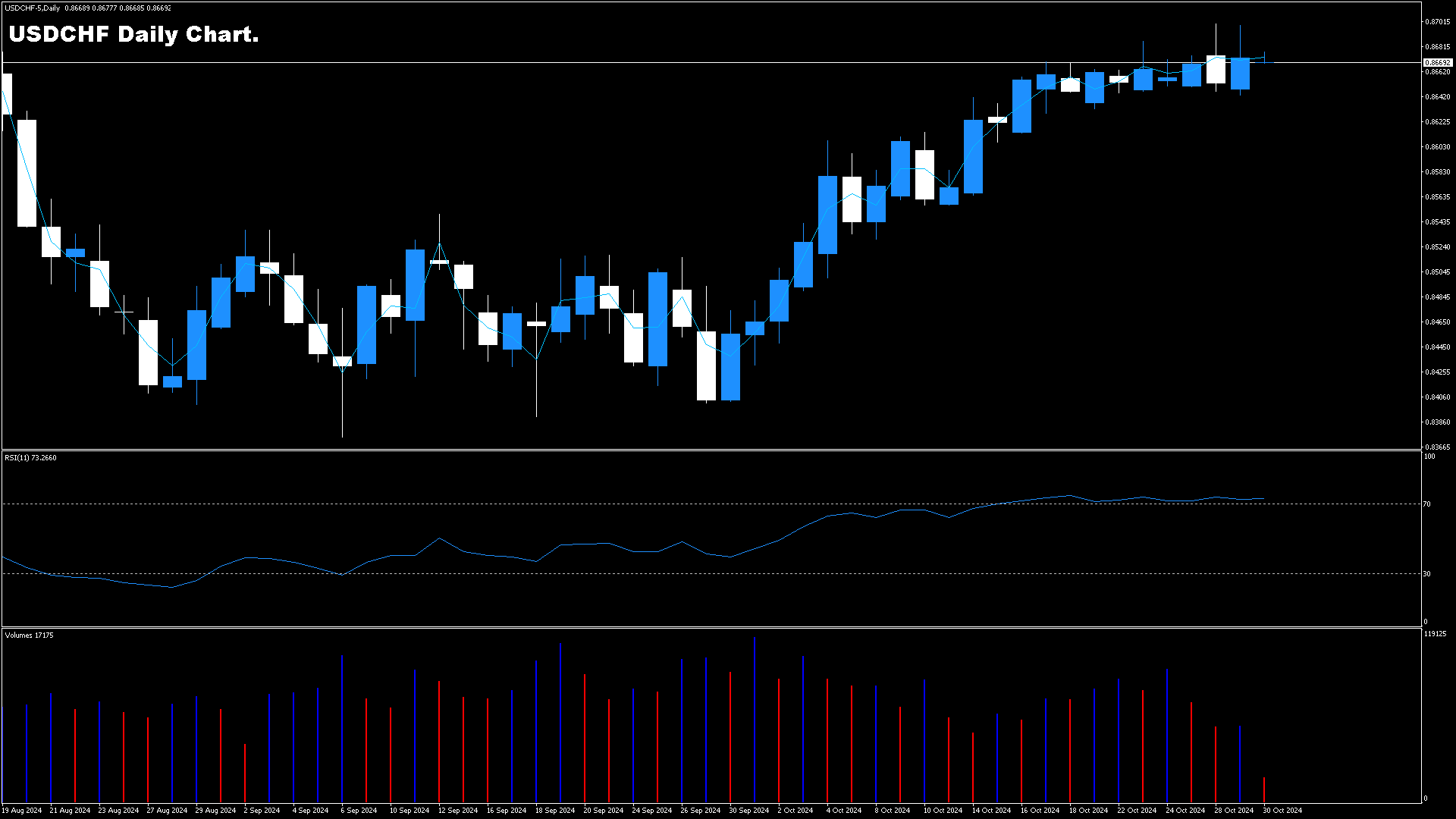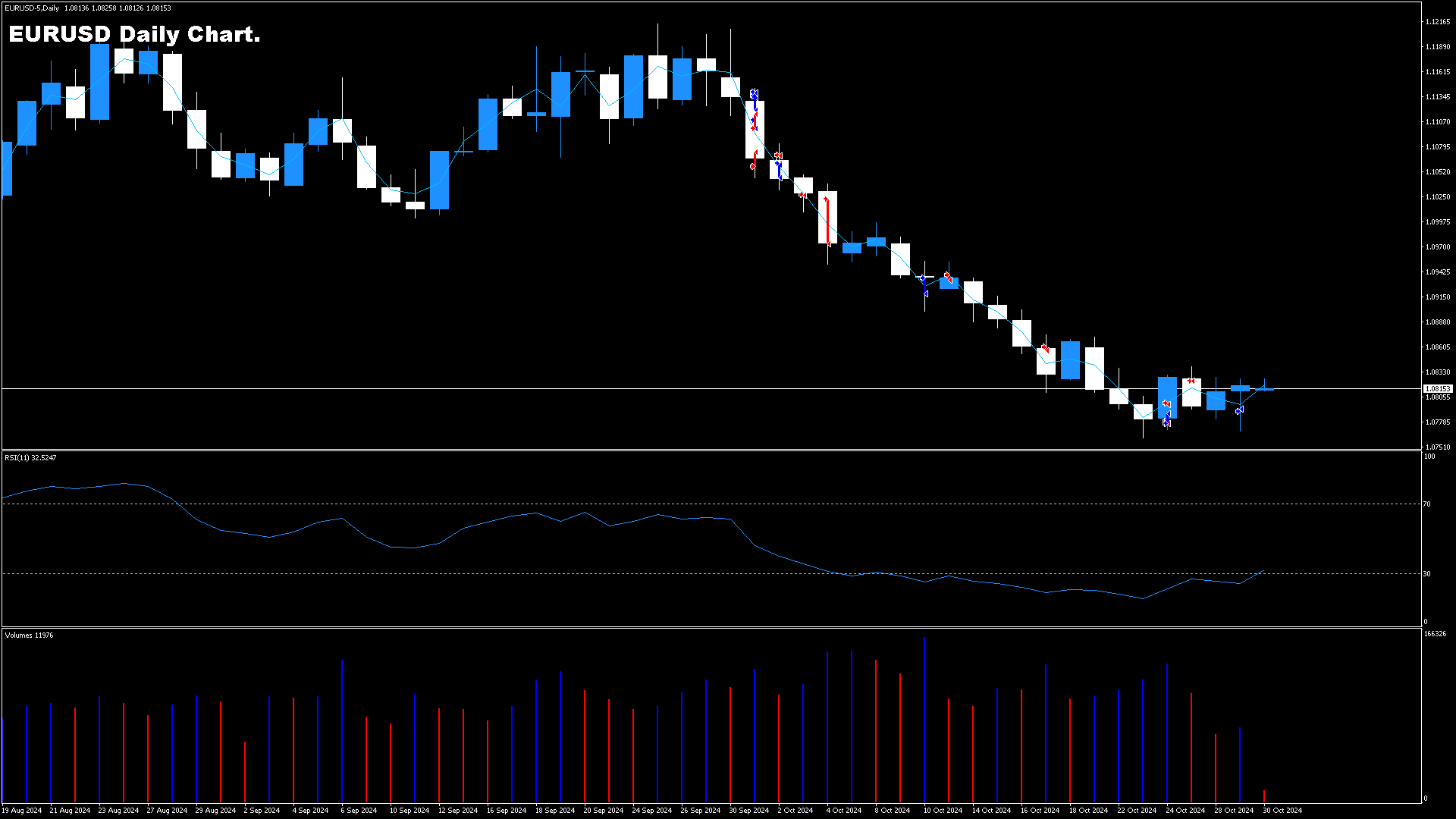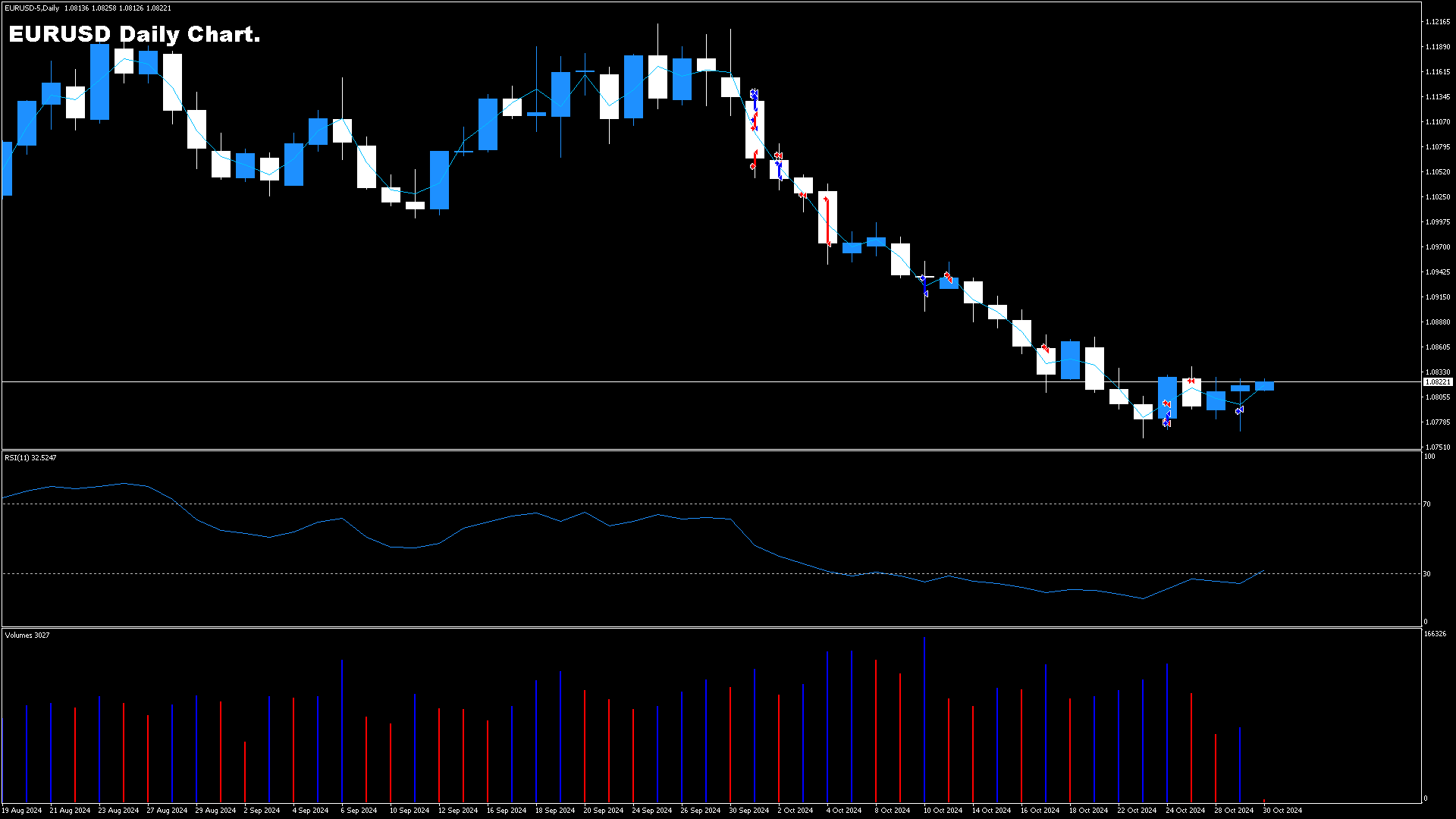
Upcoming Insights: CHF and the Swiss National Bank Under Chairman Schlegel
As the financial world prepares for the latest developments from the Swiss National Bank (SNB), all eyes are on Martin Schlegel, who has recently taken the helm as the Chairman of the Governing Board. Here’s a comprehensive analysis of what to expect and how Schlegel’s leadership might influence the Swiss franc (CHF) and the broader economic landscape.
Transition and Leadership
Martin Schlegel succeeded Thomas Jordan as the Chairman of the SNB in September 2024, marking a significant transition in the bank's leadership. Schlegel, who was previously the Vice Chairman, is well-positioned to continue the bank's commitment to price stability and economic growth. His extensive experience within the SNB and his recent speeches indicate a strong focus on maintaining the bank's core objectives.
Monetary Policy Direction
One of the key areas to watch is the SNB's monetary policy direction under Schlegel's leadership. In recent months, the SNB has made notable adjustments to its interest rates. For instance, in March 2024, the SNB surprised markets with a quarter percentage point cut to its key interest rate, bringing it to 1.5%. This move was justified by the effective control of inflation, which had been below the 2% target for several months.
More recently, in September 2024, the SNB further reduced its policy rate by 0.25 percentage points to 1.0%, reflecting decreased inflationary pressures and the appreciation of the Swiss franc. This decision signals the bank's willingness to adjust monetary policy to ensure medium-term price stability.
Impact on the Swiss Franc
The Swiss franc has been a focal point in recent monetary policy decisions. The March rate cut led to an immediate drop in the value of the CHF against the euro, with the franc trading at 1.02 euros compared to 1.03 euros the previous day. This trend is likely to continue as the SNB maintains a dovish stance to support economic activity and manage inflation.
Under Schlegel, the SNB is expected to remain active in the foreign exchange market as necessary, which could further influence the CHF's value. The appreciation of the franc over the last few months has been a significant factor in the bank's decision-making, and this trend is likely to be closely monitored.
Economic Forecasts and Policy Outlook
Schlegel has emphasized the importance of maintaining a medium-term orientation in monetary policy, especially under conditions of uncertainty. This approach suggests that the SNB will continue to make data-driven decisions, taking into account both domestic and global economic conditions.
Given the current economic landscape, where inflation is easing in many regions, the SNB may consider further rate cuts to ensure that inflation remains within the target range. Schlegel's speeches have highlighted the bank's commitment to price stability, indicating that any future policy decisions will be geared towards achieving this goal.
Market Expectations and Trading Insights
For traders and investors, the upcoming remarks from Chairman Schlegel are crucial. Here are some key points to consider:
- Interest Rate Outlook: Any hints towards future rate cuts or adjustments could significantly impact the CHF's value against other major currencies.
- Inflation Projections: Schlegel's comments on inflation trends will be closely watched, as they will influence expectations about future monetary policy decisions.
- Foreign Exchange Interventions: The SNB's willingness to intervene in the foreign exchange market could affect the CHF's volatility and trading opportunities.
- Economic Growth: Insights into the bank's economic forecasts will help traders gauge the overall health of the Swiss economy and its potential impact on the CHF.
In conclusion, Martin Schlegel's leadership at the SNB is expected to bring continuity in the bank's commitment to price stability and economic growth. As traders and investors prepare for his upcoming remarks, they should be attentive to any signals regarding interest rates, inflation projections, and foreign exchange interventions. These factors will be pivotal in shaping the trajectory of the Swiss franc and the broader Swiss economy.


